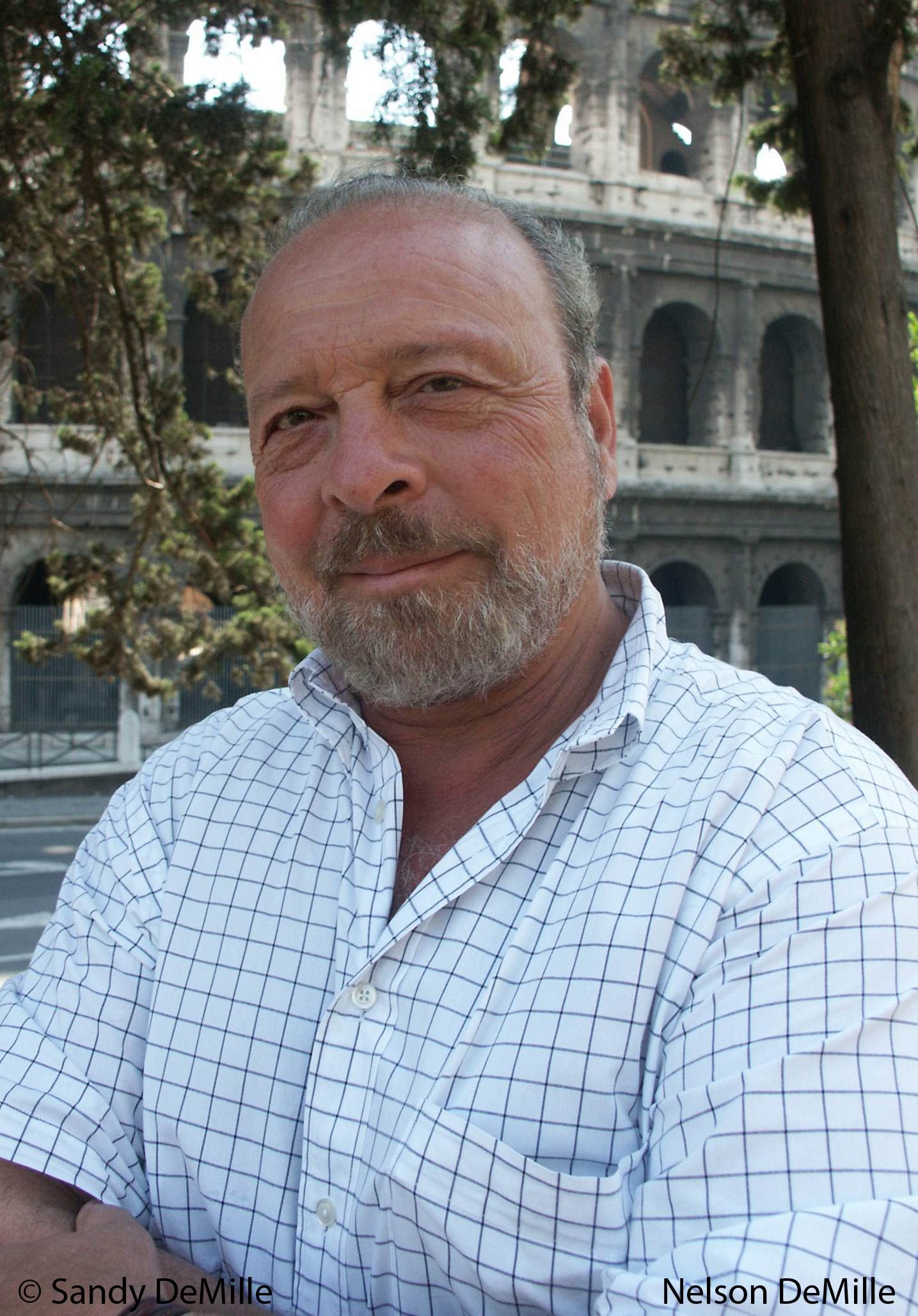By The Book: The Rich and the Dead

No way you’re not going to pick up a book with the title The Rich and the Dead. It certainly fits because the stories collected as part of the 2011 Mystery Writers of America (MWA) annual anthology all have to do with wealth and murder. As general editor, veteran fiction writer Nelson DeMille notes in the introduction that the tales play out as variations on the theme of rich people who are killed, or who kill, prompting some intriguing questions: Does having lots of money work for or against being accused? (Hello, O.J. Simpson, Bernie Madoff.) How much schadenfreude is involved when we learn that a financial titan has been rubbed out? And what about the inherent ambiguity of, say, a nasty rich person who gets knocked off—do we really want the crime solved, the perpetrator arrested? [expand]
As award-winning author David (Rambo) Morrell has his “protective agent” (bodyguard) Cavanaugh dryly says in “The Controller,” F. Scott Fitzgerald may once have said, “The rich are different from you and me,” but responded, “Yes, they have more money.” Another character in another tale defines the difference as between “The Haves and The Have Yachts.” Morell, incidentally, whose prose here resonates with echoes of “Dragnet,” has a literary-academic background (the collection includes short bios), but many of the authors in The Rich and the Dead have degrees or work experience in law and criminal justice.
The pros also show their hand. Lee Child, whose career spans law, theatre and TV production, and has written a best-selling thriller series, crafts in “Addicted to Sweetness” a disturbing exchange between a shackled captive and his menacingly cool captor that overlays a drug-deal-gone-bad-revenge situation with articulate, informed commentary on the history of slavery. In “Thank God for Charlie,” multiple best-selling novelist and crime reporter Peter Blauner shows his bona fides in his style: “Yes, sometimes it seemed wrong that she had to spread herself like a stunned chinchilla under his girth and endure his chemically invigorated exertions.” And Michael Connelly, whose books have been translated into 35 languages and who has won just about every mystery award possible, demonstrates in “Blood Washes Off” how a simple exchange structured as a taped LAPD interview can evoke (with irony and economy of detail) compassion for a confessed murderer.
DeMille, a former MWA president and a MWA member for 35 years, says that this year’s MWA judges selected 20 stories from over 200 submissions sent in by fellow MWA members. DeMille credits MWA for being “instrumental in keeping the mystery story in the forefront of all writing genres,” but to judge from the stories here, mystery does not seem to be the ruling motif. Crime is, not so much the why but the how. In the opening story, DeMille’s own, called “Death Benefits,” there’s no suspenseful unraveling. Given that an author in decline and his agent both need money, it’s predictable what will happen. This story and the other bookend—Angela Zeman’s “Daphne Unrequited”—are not the most imaginative or memorable, but overall, the collection proves absorbing and perhaps instructive. At a time when so much crime fiction is informed with science and technology, it’s important for writers to keep up.
Still, three stories that particularly stand out (for me)—“Murder in the Sixth” by Joseph Goodrich, “Poetic Justice” by Carolyn Mullen (what a delicious denouement) and “Lamborghini Mommy” by Harley Jane Kozak—were written by, respectively, a dramatist, a freelance health policy consultant and an actress. They impress as fictional tales, where character and setting engage as much as circumstance; in other words, where the crime and mystery are driven by a strong narrative and smart (and sometimes smart-ass) dialogue that moves toward a satisfying and unexpected conclusion.
Many of the stories here are New York City-based and two reference the Hamptons. DeMille, author of 14 novels, lives on Long Island. [/expand]



